Digital payments surge
According to a report from the State Bank, to date, most basic banking services have been deployed on digital platforms, with many banks recording a transaction rate via digital channels exceeding 95%.
In 2024, non-cash payments will continue to grow strongly, increasing by 56.68% in quantity and 32.79% in value. Notably, transactions via the Internet will increase by 49.73% in quantity and 33.12% in value; transactions via mobile devices will increase by 54.08% in quantity and 34.03% in value; transactions via QR codes will increase dramatically with an increase of 104.65% in quantity and 97.14% in value.
By the end of 2024, the number of registered and used Mobile-Money accounts will reach 10.2 million, of which more than 7.3 million accounts will be opened in rural and mountainous areas - accounting for about 72% of the total number of accounts, showing the strong spread of digital financial services to remote areas.
In contrast, ATM transactions continued to decline, with a decrease of 12.83% in quantity and 4.49% in value, clearly reflecting the trend of limiting the use of cash in people's daily lives.
Entering the first months of 2025, the growth momentum of cashless payments continues to be maintained. In the first two months of the year, the number of cashless transactions increased by 41.28%, the value increased by 21.91%; transactions via the Internet increased by 35.81% in quantity and 29.69% in value; transactions via mobile phones increased by 35.13% in quantity and 18.63% in value; in particular, transactions via QR Code continued to break through, increasing by 75.54% in quantity and up to 196.62% in value compared to the same period last year.
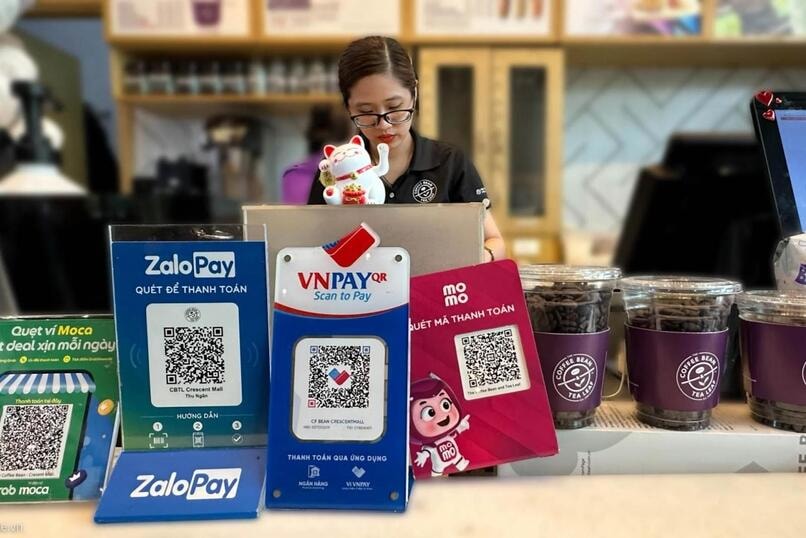
Security and privacy are big challenges; laws have not kept up with technology
Along with the strong development of digital banking, the banking industry is facing many difficulties and challenges - especially in the issue of ensuring security and confidentiality.
The explosion of social media platforms, along with the rapid spread of unverified information about safety and security in digital payments, as well as negative incidents related to the banking sector, are potentially posing a risk of undermining public trust, thereby making it difficult for industry communications.
In addition, according to the State Bank of Vietnam (SBV), the digital transformation process in banking activities is still facing many obstacles. One of the main reasons is that the current legal system has not kept up with the rapid development of digital technology and new business models.
Furthermore, the lack of infrastructure synchronization between the banking industry and other industries and fields makes connecting and integrating data in the digital transformation process difficult.
In addition, investment resources for digital transformation are limited in both finance and human resources - while choosing the right technology is a big challenge due to continuous technological innovation; high-quality human resources in fields such as artificial intelligence, big data, blockchain, etc. are still lacking.
The promotion of cashless payments is also facing certain barriers. Concerns about the level of safety and security when using electronic and online payment methods are still quite common.
Meanwhile, the branch network and payment infrastructure of payment service providers and payment intermediaries are still mainly concentrated in urban areas and have not yet spread to rural, remote and isolated areas.
On the other hand, legal regulations related to payment agent activities are in the process of being completed, needing more time to effectively implement, ensuring compliance with practice and safety in operation.
Notably, the prevention and fight against high-tech crimes in the field of electronic payments are also facing many difficulties. Crimes are increasingly sophisticated, changing tricks quickly, taking advantage of the payment system to commit illegal acts such as gambling, fraud, commercial fraud, tax evasion, drug trafficking, prostitution, etc.
Meanwhile, payment is only the final step of the transaction process, so determining the legality of goods and services is under the functions and authority of specialized management ministries and branches. Therefore, the banking industry can hardly control and prevent effectively without close, regular and timely coordination from relevant agencies.
Faced with that reality, the State Bank affirmed that in the coming time, it will strengthen the supervision of key payment systems, proactively warn of risks early, propose solutions to improve safety and security in electronic payments; ensure the security of information technology systems and protect the legitimate rights of customers.
At the same time, the industry will also promote communication and widely disseminate mechanisms and policies related to payment and digital transformation; improve knowledge of personal financial management and skills in using banking services safely and effectively for people.
Source: https://baodaknong.vn/thanh-toan-so-bung-no-giao-dich-tien-mat-giam-sau-251512.html



![[Photo] Vietnamese and Hungarian leaders attend the opening of the exhibition by photographer Bozoky Dezso](https://vphoto.vietnam.vn/thumb/1200x675/vietnam/resource/IMAGE/2025/5/29/94d8ceca5db14af3bf31285551ae4bb3)


![[Photo] Prime Minister Pham Minh Chinh receives leaders of Excelerate Energy Group](https://vphoto.vietnam.vn/thumb/1200x675/vietnam/resource/IMAGE/2025/5/29/c1fbe073230443d0a5aae0bc264d07fe)
![[Photo] Prime Minister Pham Minh Chinh meets with Hungarian President Sulyok Tamas](https://vphoto.vietnam.vn/thumb/1200x675/vietnam/resource/IMAGE/2025/5/29/dbcaa73e92ea4448a03fe1d0de6d68e8)
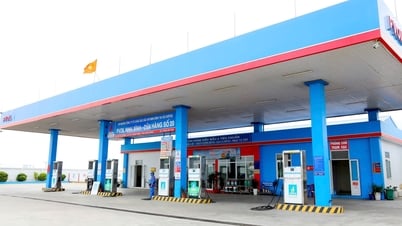

















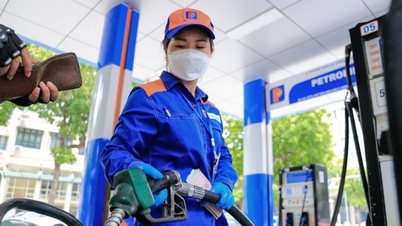






























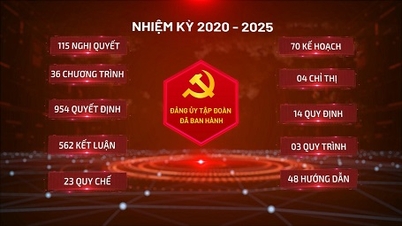















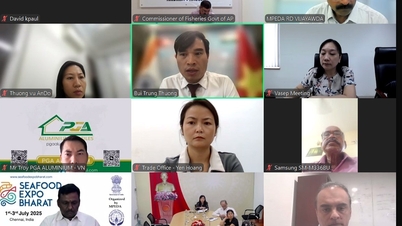
























Comment (0)